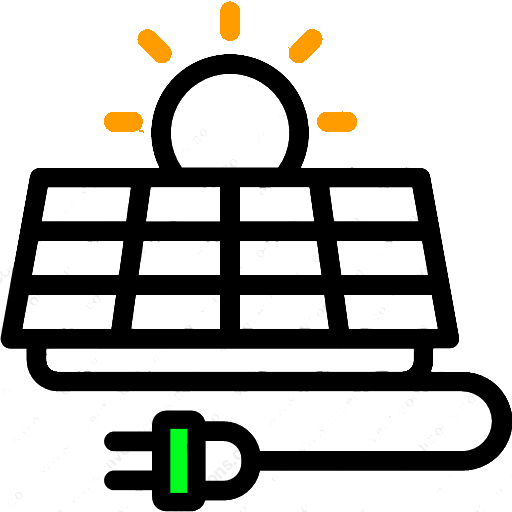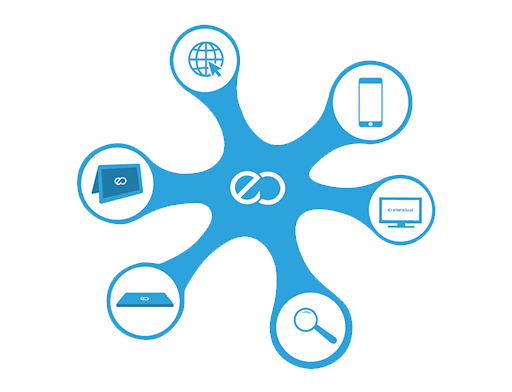Importing from China has become a popular option for businesses looking to save money on manufacturing costs and find high-quality products. However, there are several things you need to know before importing from China to avoid any legal setbacks or financial losses. In this guide, we will discuss what you need to know before importing from China in detail.
1.Research your product
Before importing from China, you need to research your product to determine if importing is a viable option. Determine the market demand, competition and what margins and profitability you can expect. Check any applicable regulations to make sure that it’s legal to import it into your country.
2.Research suppliers
Due diligence is essential when it comes to researching potential suppliers from China. Verify their legitimacy, quality standards, product offerings and look at their reputation online before reaching out to them. Having reliable suppliers is key to the success of your business, so do not rush into any agreements before fully vetting them.
3.Determine the right supplier for your business
Deciding on the right supplier from China for your business is critical. You can find potential suppliers using popular B2B marketplaces such as Alibaba, Global Sources, or Made-in-China. However, the cheaper alternative is often not the best quality. When choosing a supplier, consider quality standards, production capacity, lead times, and previous experience in producing and exporting products to your country.
4.Sample products cost-effectively
Getting a sample of the product before making a bulk purchase is essential. This way, you can test it and make sure that it meets your quality standards. However, getting samples can be costly, especially if you plan on buying from multiple suppliers. To save money, you may want to use proxy services or request samples from exhibitions or trade shows.
5.Discuss payment terms thoroughly
Payment terms can vary depending on the supplier. Alibaba’s Trade Assurance offers protection, but other suppliers may demand a money transfer or a letter of credit. Research all the different payment options available and use a mix of payments if need. Avoid paying in full upfront as it may lead to complications of getting refunds if the shipment is not received, or the quality standards are not met.
If you know some of this kind of company, please tell us by email: [email protected]
 6.Develop a relationship with the supplier
6.Develop a relationship with the supplier
Developing a relationship with a supplier is crucial for the long term success of your business. Communicate effectively and build trust with them, which can save costs on both sides through coordination and smoother business relations.
7.Understand regulations and certifications
Import regulations and certifications vary depending on the country you reside in. Research and understand the regulations you need to adhere to before importing. You must comply with regulations regarding product safety, labeling, and customs requirements. Work with an experienced customs broker or freight forwarder who can help you navigate these regulations.

8.Shipping and logistics
Shipping and logistics are a complex process when importing from China. You need to know the shipping methods available, shipping fees, and customs clearance procedures. Always check the terms of delivery (FOB, CIF, etc.) and which charges and costs are included. Consider using a freight forwarder, who can manage the entire logistics process, ensuring that every shipment arrives smoothly and on time.
9.Inspect quality regularly
Ensuring the quality of your products is paramount for customer satisfaction and to make sure returns or refunds don’t become an issue. Always do third-party quality inspections at the factory before the products are shipped. This is the best way to detect any issues and reduce the risk of costly returns or refunds.
10.Be prepared to handle the unexpected
No matter how much due diligence you do, there is always the possibility of things not going according to plan. Being prepared to handle unexpected situations such as delays, defects, and changes is part of the process. Have a backup plan and contingency budget in place to avoid losing any money.
In conclusion, importing from China requires careful planning, research, and due diligence. Follow this guide to ensure you know what to expect and avoid any legal or financial setbacks before importing from China. Trusted suppliers, communication, and quality standards are essential for the long term success of your business.





